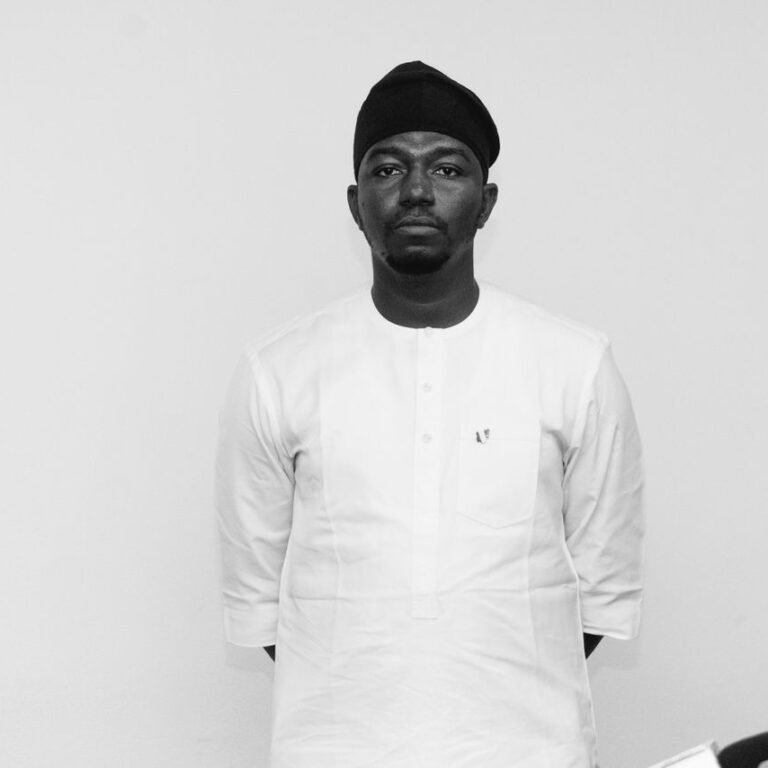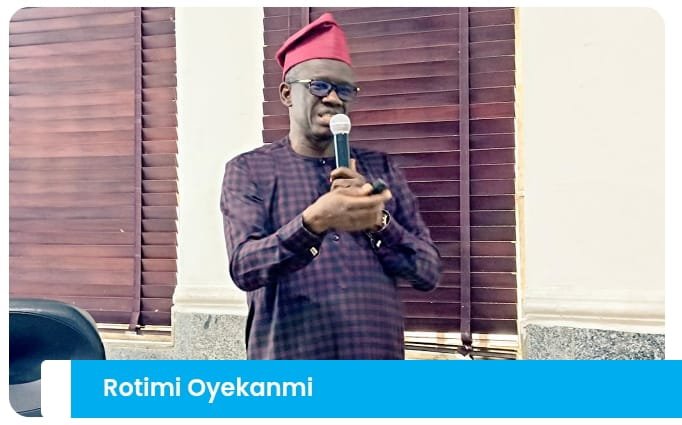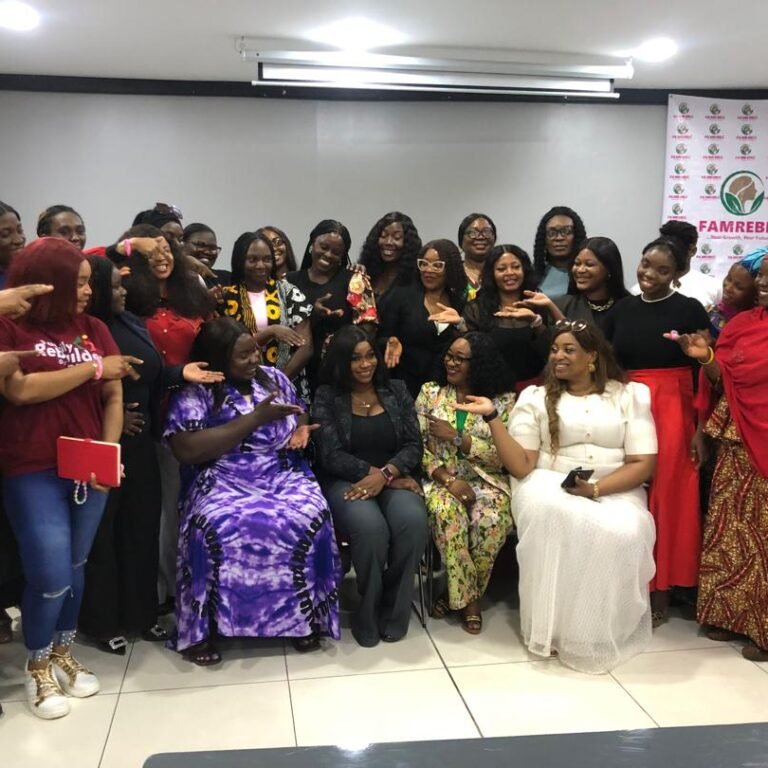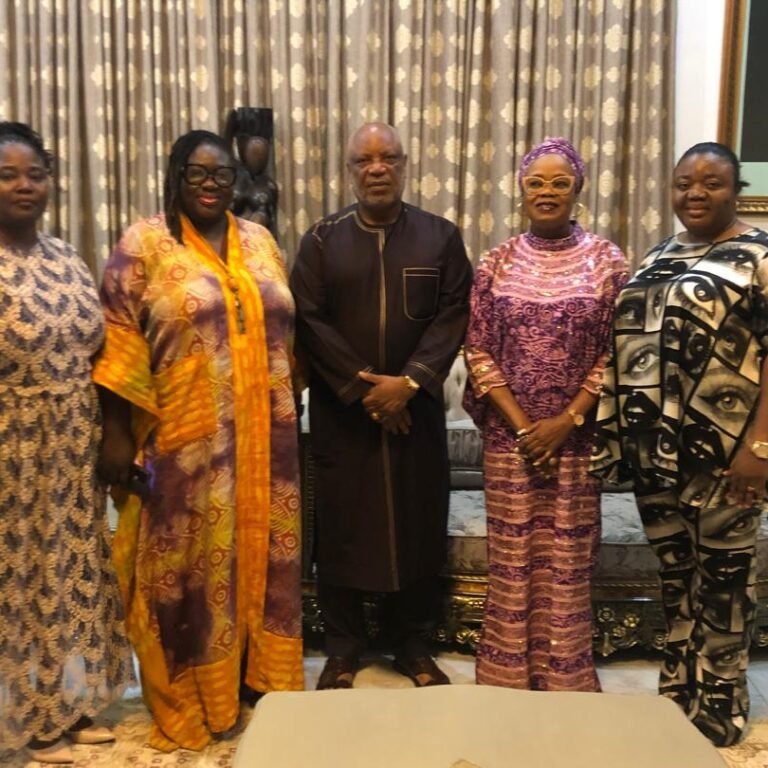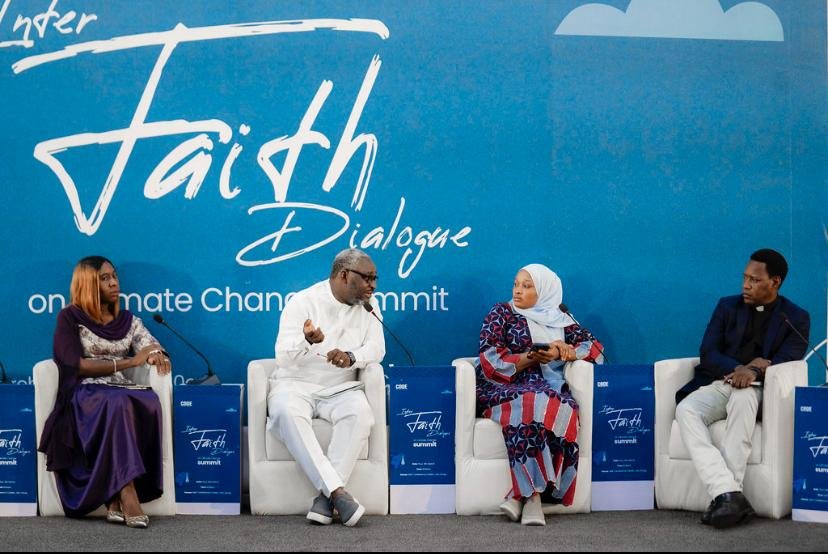
By Nankpak Cirfat
In societies deeply rooted in faith, such as those in Africa and particularly in Nigeria, religion plays an important role in shaping daily life and livelihoods. The changing weather patterns, largely driven by climate change, pose a significant challenge, raising questions about the intersection of faith and climate change. As we navigate this complex relationship, it becomes increasingly clear that faith leaders are sacrosanct in devising strategies to restore the planet to a more sustainable ecosystem.
Climate change, primarily a result of human activities, has altered the Earth from its original state, necessitating human intervention to reverse these effects. Faith leaders, with their immense influence, are well-positioned to drive behavioural change by promoting eco-friendly and sustainable living through their sermons. As the Bible states, “How will they know if they are not taught?” It is essential for those knowledgeable in climate science to educate faith leaders first, enhancing their capacity to influence and act.
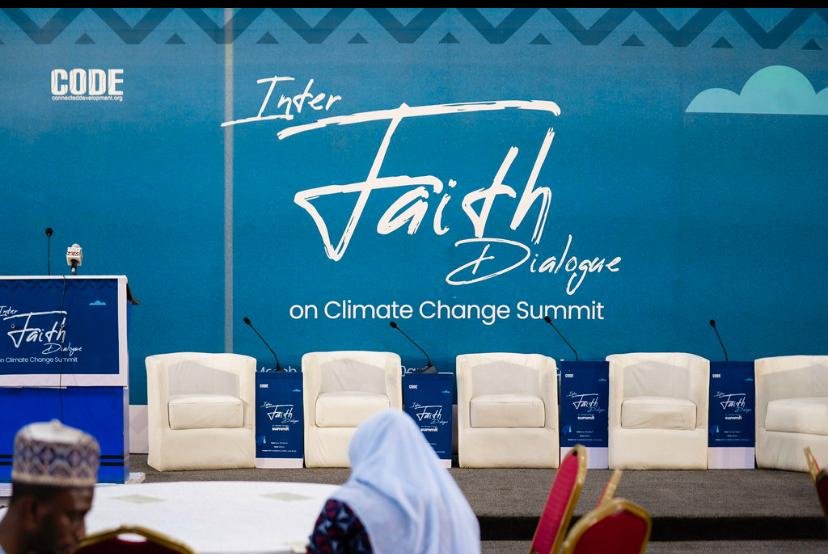
Recent initiatives, such as the Interfaith Dialogue on Climate CHange Summit hosted by Connected Development (CODE) in Abuja, highlight the growing recognition of faith-based advocacy in addressing Nigeria’s climate crisis. The summit emphasized the need for religious leaders to push for stronger climate policies and to educate communities on sustainable practices. Notable speakers, including Sheikh Muhammad Nurudeen Lemu and Reverend Father George Ehusani, underscored the critical role of faith in inspiring action and guiding leaders towards responsible environmental stewardship.
Sheikh Nurudeen Lemu emphasized that faith traditions teach environmental stewardship, but society often fails in this duty. He noted, “While science provides data, faith inspires action and guides leaders to act with justice and responsibility. Many conflicts in Nigeria are wrongly framed as religious or ethnic issues when they are driven by climate stress and resource scarcity”. He urged faith leaders to educate communities, promote interfaith climate initiatives, and push for sustainable policies, stressing that faith provides the moral and ethical call to action that science alone cannot.
Also speaking, Reverend Father George Ehusani decried the widespread pollution and lack of proper waste management in Nigeria, calling for urgent policy interventions. He emphasized the need for a radical shift in environmental policies and urged religious organizations, civil society groups, and concerned citizens to mount pressure on policymakers to take climate change seriously. According to him, “We cannot continue to pay lip service while our environment is deteriorating at an alarming rate. Nigerians have adjusted themselves to a high level of environmental degradation,”.
The summit also featured the launch of the CODE’s first Interfaith Dialogue on Climate Change Report & Policy Brief, highlighting strategic messaging and policy recommendations for faith-driven climate action. This reveals the importance of collaborative efforts between faith leaders, policymakers, and civil society to safeguard the environment for future generations.
It is my belief that as the Global North has significantly developed itself partly by contributing largely to climate change, the Global South must now develop itself through sustainable alternatives and become leaders in clean and renewable practices. Nigeria and Africa, with their strong affinity for religion, must draw strength from the scriptures to restore the Earth as faithful stewards and custodians of the planet entrusted to them by God. This approach will not only benefit current generations but also future ones.
Moreover, interfaith collaboration is essential in addressing Nigeria’s climate challenges. By having such roundtable and continuous conversations with religious leaders, policymakers, and local communities, initiatives can effectively address food security and climate resilience needs, supporting Sustainable Development Goals (SDGs) like Zero Hunger and Peace, Justice and Strong Institutions.
To buttress my point, faith leaders in Nigeria are not just influential figures; they are principal agents of behavioural change communication, and leveraging their influence to promote sustainable living and advocate for climate justice, they can galvanize their congregations to adopt both personal and collective approaches in restoring the Earth. While the first Interfaith Climate Change Summit has come and gone, It is essential to build on the momentum of the summit, fostering better partnerships between faith communities, civil society, and government agencies to ensure a greener, more resilient future for all.


